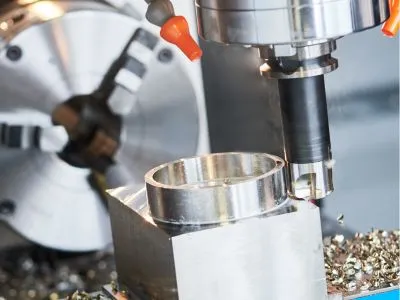Through hardened screw, tool steel screw, high injection speed screw, through hardened screw to bakelite material. Ningbo Jinyi Precision provides series to different tool steel through hardened screws for high wearing or corrosion injection extrusion.
We use imported or local made special steel materials for Through Hardened Screws, including tool steels JYG1, JYG2, JYG3 ... JYG6. After series of quench & annealing process, to achieve high toughness & hardness, they are especially suitable for high wearing materials and production processing.
Technical Parameters
Product Name: Through Hardened Screw
Material :JYG1, JYG2, JYG3 ... JYG6
Suitable Machine: Injection / Bakelite Machine
Available Size: Φ14 - 120mm, Length < 3,000mm
Process Method: Quenching &Annealing
Surface Hardness: 62-65 HRC
Advantages
High toughness and hardness
Application
General plastics & engineering plastics with below 70% glass fibre filling.
Through Hardened Screws,Hardened Steel Screws,Hardened steel bolts,Hardened Steel Self Drilling Screws Ningbo Jinyi Precision Machinery Co., Ltd. , https://www.jinyi-machinery.com
 When it comes to modern manufacturing, two key processes stand out: CNC machining and prototyping. While both are essential in the development and production of parts, they serve different purposes at different stages of the product lifecycle.
When it comes to modern manufacturing, two key processes stand out: CNC machining and prototyping. While both are essential in the development and production of parts, they serve different purposes at different stages of the product lifecycle.